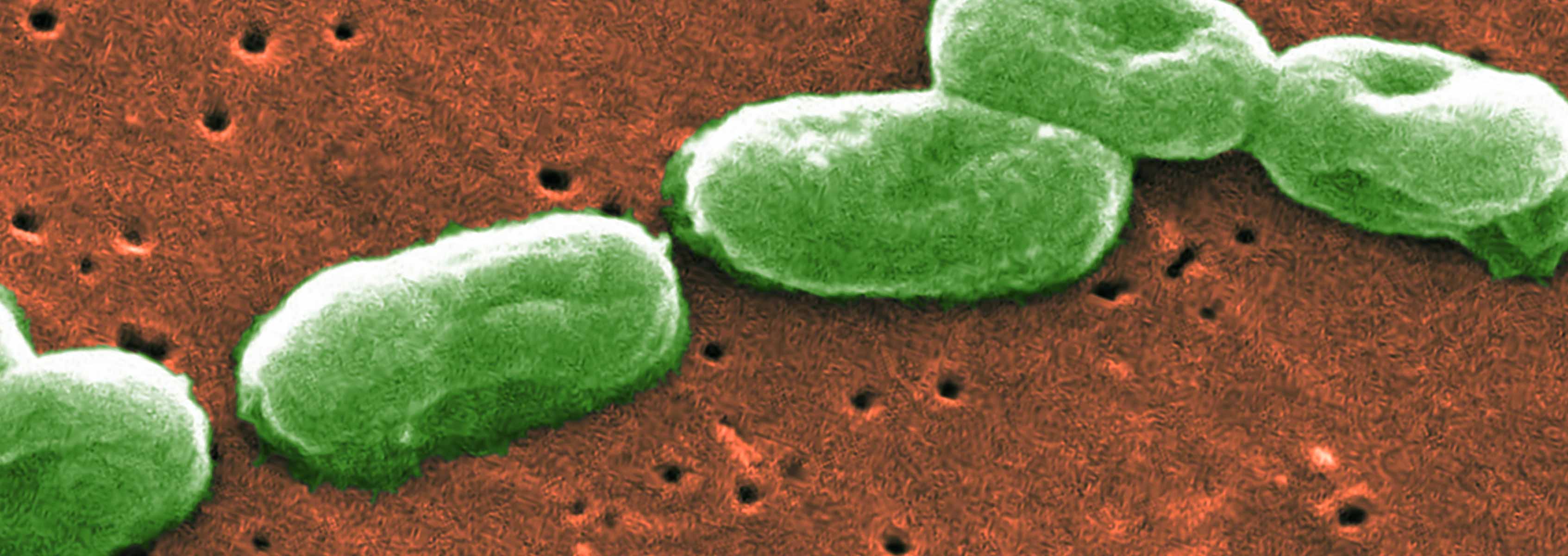Characterization of Burkholderia Persistence Determinants and Antibiotic Resistance

Melioidosis, a serious disease endemic to tropical regions of Southeast Asia, northern Australia, Africa, the Middle East, China, India, and South America is caused by the motile Gram-negative bacterium, Burkholderia pseudomallei (Bp). Bp is intrinsically resistant to many antibiotics. Additionally, surviving a melioidosis infection confers no immunity to subsequent challenge with Bp nor are there vaccines that are protective against melioidosis. A major concern in the management of melioidosis is that an aggressive antibiotic regimen is required due to the inherent resistance of Burkholderia to aminoglycoside and macrolide antibiotics. In addition, an important feature of the disease is that recurrence is common even after completion of antibiotic treatment and apparent clearing of the bacterium, occurring in 3 to 25% of patients. Molecular typing indicates that most cases of relapse are due to recrudescence of the original infecting strain. Prolonged therapy has been shown to reduce relapse but the multi-drug aggressive therapy is associated with a high rate of adverse effects.
A similar recurrent phenotype is observed in Burkholderia infections in Cystic Fibrosis. We hypothesized that members of the Burkholderia genus were likely to enter a persister state in response to antibiotic treatment, and consequently would be able to cause recurrent disease, even after proper antibiotic treatment and years or decades of dormancy. We showed that all eight tested Burkholderia spp., including Bp, entered a drug tolerant persister state from exponentially growing cultures at a rate that was at least 100 – 500 times higher than wild-type P. aeruginosa 0.1 – 0.5% frequency); comparable with the P. aeruginosa “high persister” phenotype. Furthermore, we showed that a very large proportion of Bp in stationary growth or grown in distilled water are antibiotic-tolerant, persister cells (63% and 13%). The persister rate of Bp can achieve a level of nearly 100% under conditions of limited access oxygen. The results show that the persister phenotype is not only common among Burkholderia spp., but much more frequent than in any other documented organism to date.
Antibiotic resistance is a perennial and escalating problem for treatment of many clinically important bacterial infections and is a major concern for higher mortality biothreat agents. There is a growing and emerging recognition that persister cells are critical aspects of antibiotic failure, chronic, and recurrent disease – all significant concerns in Burkholderia pseudomallei infections. Our research objective is to identify and characterize the environmental factors that may induce persistence in Bp, as well as investigate the conservation of identified genomic infrastructure and mechanisms in regulating the persister state in several Bp isolates. We will identify the molecular and genetic mechanisms that induce and/or select for the persistent phenotype in attenuated and fully virulent isolates of Bp during in vitro and ex vivo growth. These findings will be used to design a qRT-PCR assay to study persister cells in future studies including animal models.
The proposed study will identify mechanisms and regulatory networks utilized by Burkholderia pseudomallei during transition into a persister cell state. We are applying the identification of persister state-inducing conditions through the application of microbiological culturing and utilizing to environmental perturbations. We are also employing the traditional application of mutant construction and whole-genome Tnseq library analysis to identify genetic loci that influence the persister phenotype. We will explore and validate persister state RNA expression with qRT-PCR, and RNASeq. The identification of host factors contributing to induction of a persister state will be examined in innate immune system cell line models. The study will also examine the conservation of identified mechanisms in a fully virulent Burkholderia pseudomallei strains.
The project is a collaborative undertaking between the J. Craig Venter Institute and the U.S. Army Research Institute for Infectious Diseases.
Funding
Funding for this project provided through the Defense Threat Reduction Agency (DTRA).